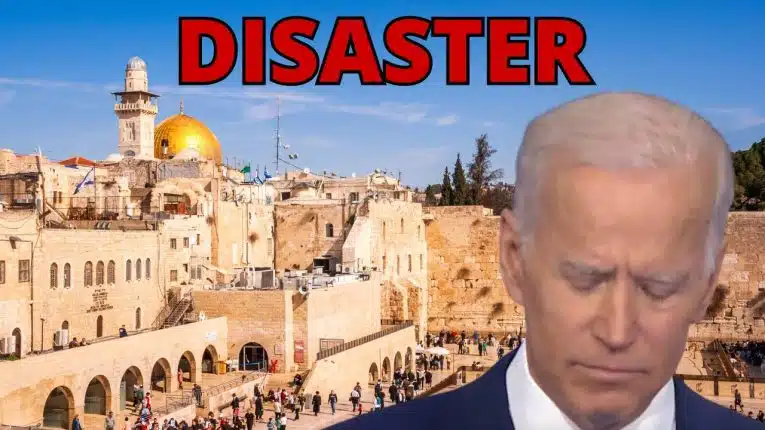By Printus LeBlanc
The current pattern cannot continue. Terror attack, cry, post flag filter on Facebook, forget, and repeat. How to attack the current threat, while maintaining the rights guaranteed in the Constitution?
On May 22 in Manchester, England, radical Islamic terrorism struck Europe once again. At the end of an Ariana Grande concert, 22-year-old Salman Abedi detonated an explosive device that sent metal shards tearing into the people around him. The attack killed 22 people and injured at least 59.
Ariana Grande has a very specific fan base. The young performer attracts other young girls. The parking lots and concession stands are often used as waiting areas by parents. This means the bomber intentionally targeted a venue with young children, specifically girls. The youngest victim identified so far is an 8-year-old girl, Saffie-Rose Roussos.
At this time, it is believed Abedi is a British born citizen of immigrant parents. This presents another disturbing trend, radicalization of the second generation. Omar Mateen (Orlando), Syed Rizwan Farook (San Bernardino) and Maj. Nidal Hassan (Ft. Hood) are all Islamic terrorists and second-generation Americans. Why are the children of immigrants becoming terrorists? If they are not picking it up from their parents, where are they picking it up from?
The 2007 New York Police Department report “Radicalization in the West: The Homegrown Threat” states “Critically important to the process of radicalization are the different venues that provide the extremist fodder or fuel for radicalizing — venues, to which we refer to as ‘radicalization incubators.’ These incubators serve as radicalizing agents for those who have chosen to pursue radicalization. They become their pit stops, ‘hangouts,’ and meeting places. Generally these locations, which together comprise the radical subculture of a community, are rife with extremist rhetoric. Though the locations can be mosques, more likely incubators include cafes, cab driver hangouts, flophouses, prisons, student associations, nongovernmental organizations, hookah (water pipe) bars, butcher shops and book stores. While it is difficult to predict who will radicalize, these nodes are likely places where likeminded individuals will congregate as they move through the radicalization process.”
This past Sunday, President Trump delivered a powerful message to the Ummah — Arabic for the Islamic community — during a speech in Saudi Arabia. President Trump called for the Islamic nations of the world to confront Islamist extremism and Islamist terror groups. He stated “Religious leaders must make this absolutely clear: Barbarism will deliver you no glory — piety to evil will bring you no dignity. If you choose the path of terror, your life will be empty, your life will be brief, and your soul will be condemned.”
In short, President Trump is calling for the Islamic world to confront these radicalization incubators.
Charity organizations must know where their money is going. No more money for a mosque if it hosts an imam preaching the killing of someone that is gay. Saudi Arabia must stop supporting Islamic schools that give out textbooks that promote hatred of other religions. Imams must recognize when members of their mosque might become violent. Parents must monitor their children and pay attention to the websites they are visiting.
The attack also confirms the need in part for the travel ban issued by President Trump. The ban has been widely accused of being racist and anti-Islamic, despite Islam being a religion not a race, and the ban not covering the five most populous Islamic nations.
Yet six of the seven nations on the travel ban do have one thing in common. They have little to no government control of their nation. If there is no way to verify the identity of who is on the passport, why would you let them in? The federal government must have the ability to verify the identity of those entering the United States. The seventh nation is Iran. No explanation is needed as to why Tehran is on the list, but for the uninitiated, Iran are still listed by the State Department as a state sponsor of terrorism.
Yes, bombing and waging war on Islamic State and al Qaeda should continue, but President Trump is right, war waged by the U.S. alone will not solve the threat posed by radical Islam. Ultimately, the real solution can only come from within the Ummah, the Islamic community. Majority Muslim nations must take the lead in combating radical Islamic terrorism.Similarly, in the U.S. and UK, community-based approaches inside the Islamic community, cooperating with local and federal law enforcement, are a must in cracking down on homegrown terrorism. Any group of people or ideology risks becoming stronger when attacked from the outside. This is an instance where change must come from within.
Printus LeBlanc is a contributing reporter at Americans for Limited Government.








